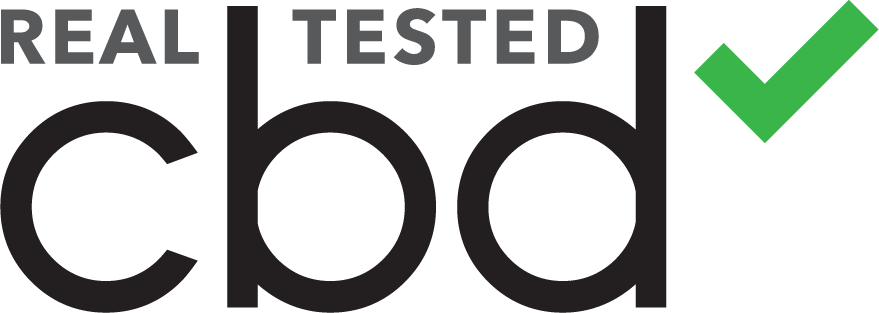View the original article about CBD Legality at Real Tested CBD.
CBD’s popularity has absolutely skyrocketed over the past two years, with surveys showing that at least 1 in 7 Americans had tried the compound as of last year. Those numbers have unquestionably increased since then, driving the popularity of an industry that may be more than doubling in growth every year.
However, CBD, in some forms, does contain trace amounts of THC. THC is short for tetrahydrocannabinol, which is the intoxicating compound in marijuana. As a result, there is some confusion about CBD, and many have asked if CBD is illegal.
The answer is no. CBD is perfectly legal, provided it meets legal parameters and is produced in compliance with all federal, state, and local laws.
So, is CBD illegal?
No. CBD that is commercially sold in a store or online is perfectly legal – however, there are some things you can check for first.
There has always been a variety of confusion and questions about CBD’s legality, with issues tracing back to its small levels of THC. Some states had tried to legalize the compound or at least make it easier to sell in stores, citing research that showed that CBD could be beneficial for numerous conditions. However, those efforts constantly ran into federal roadblocks. The U.S. Food & Drug Administration said that, since CBD had THC, it was a Schedule One drug, thus keeping it locked on the banned list of drugs for manufacturing, transportation, and sales purposes. This made selling CBD at the commercial level virtually impossible.
That changed with the passage of the 2018 Farm Bill. That bill, which became law in December 2018, removed CBD from the formal Schedule One drug list. As a result, the substance was no longer banned. However, the U.S. Food & Drug Administration did maintain regulatory authority over CBD, and some restrictions remain in place.
Active CBD Regulations
The most important CBD regulation is that the CBD cannot contain more than .3% THC. Some levels of THC are usually present in hemp, but they are trace amounts. 3% has been determined to be the legal marker for CBD. Thankfully, the THC can be removed in the manufacturing process. Furthermore, some forms of CBD – such as Broad Spectrum or Isolate – don’t come with any THC, as the manufacturing of these types of CBD is typically removed during the manufacturing process. However, Full Spectrum CBD does contain THC, so this regulation does apply to this type of CBD.
According to the Food & Drug Administration, all CBD must be manufactured and transported in line with any appropriate state regulations. In order for hemp and CBD to be grown and manufactured, states must turn an appropriate regulatory plan over to the Food & Drug Administration. There are also a variety of reporting requirements that states must make to the United States Department of Agriculture, including overall acreage and the location of specific crops.
Enforcement Problems
One of the problems with these regulations is that the Food & Drug Administration has done relatively little to enforce many of them. Indeed, manufacturers are currently awaiting additional regulations from the FDA as part of the sales process. At the moment, the only specific item the FDA has enforced is a prohibition on advertising CBD as being able to make medical claims. Indeed, the FDA has issued formal cease & desist letters to companies that have done so.
Unfortunately, this lack of labeling has presented a problem for consumers. In 2017, a University of Pennsylvania study examined 84 CBD products and found that nearly 70% of them were inaccurately labeled. While states are free to make labeling and testing requirements, the FDA is not currently enforcing any such requirements.
As a result, consumers can always use caution and only purchase CBD products that have been tested by a high-quality third-party CBD vendor. These vendors produce independent reports that can demonstrate what substances are present in the CBD and confirm the manufacturer’s claims about its contents.
Learn more about Common CBD Questions at Real Tested CBD!
Advertising disclosure: We may receive compensation for some of the links in our stories. Thank you for supporting Irvine Weekly and our advertisers.


